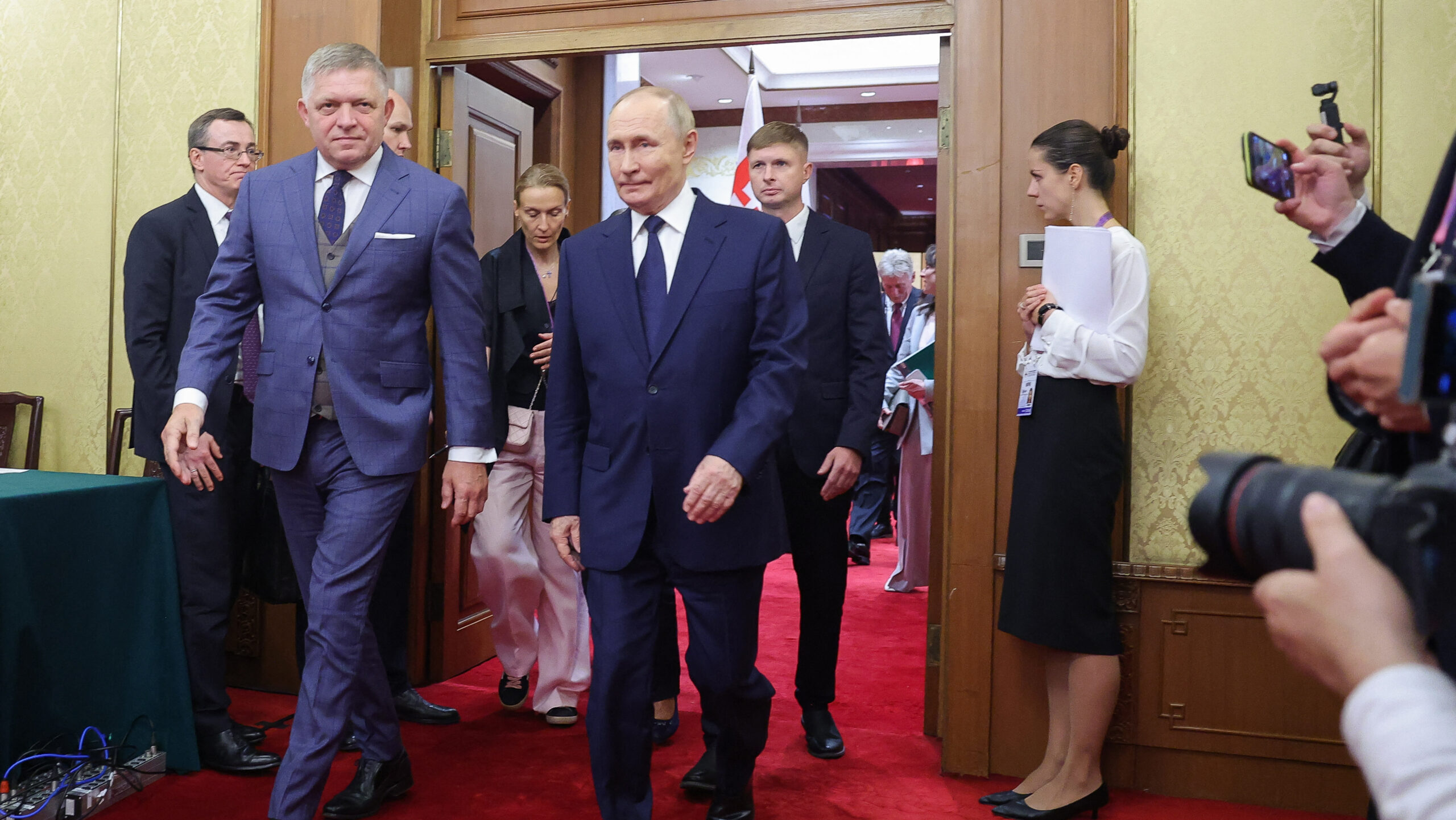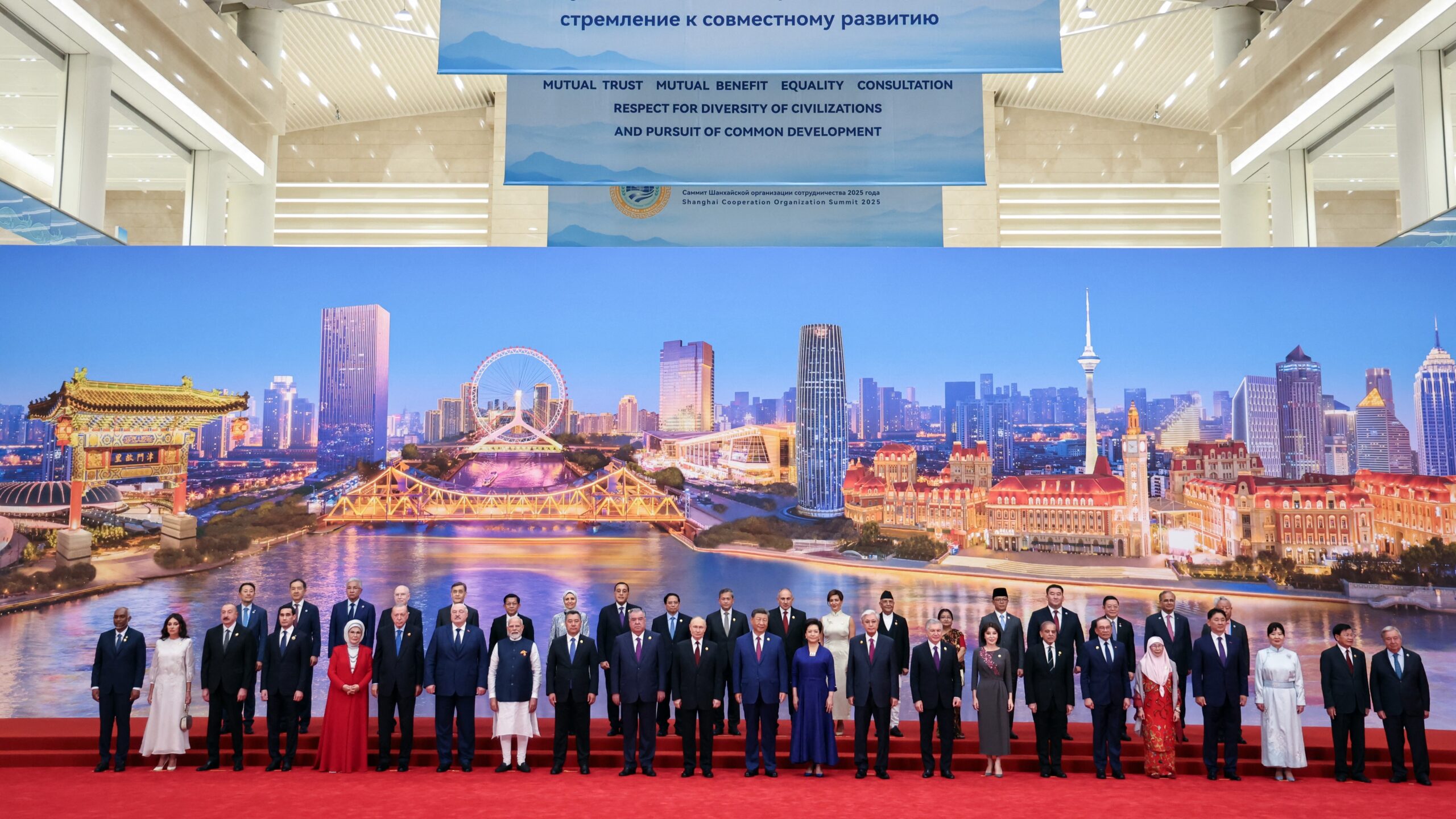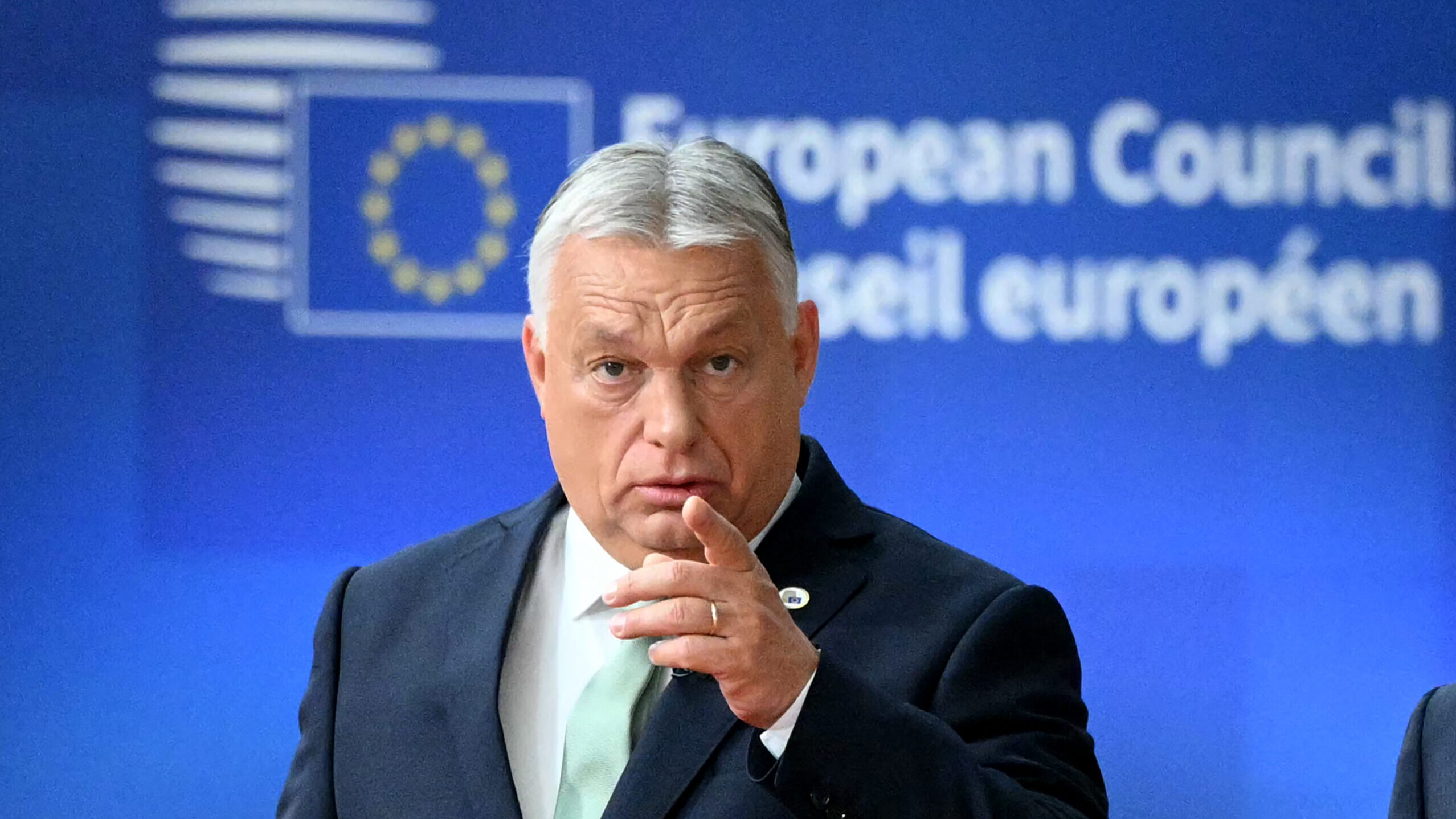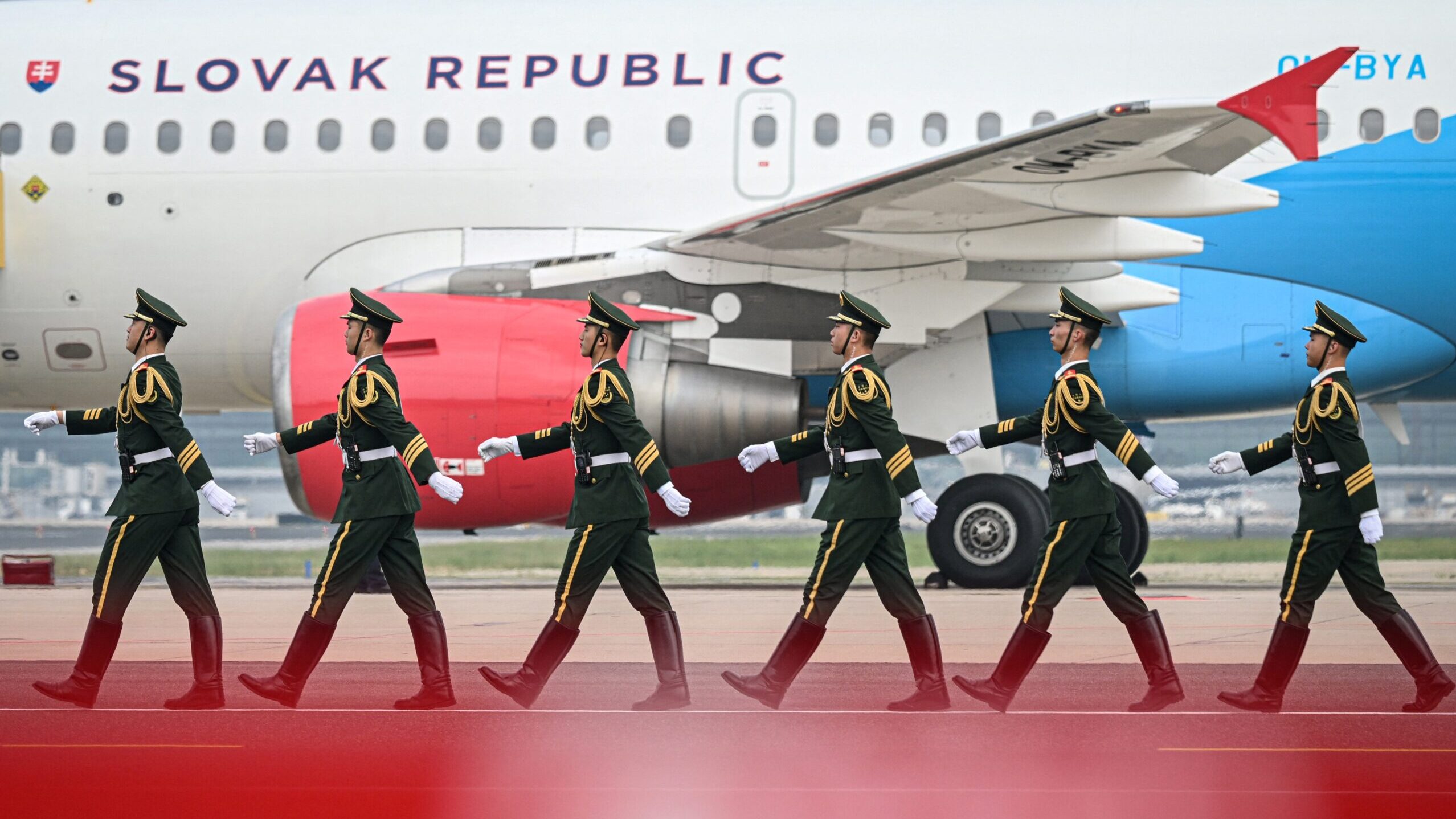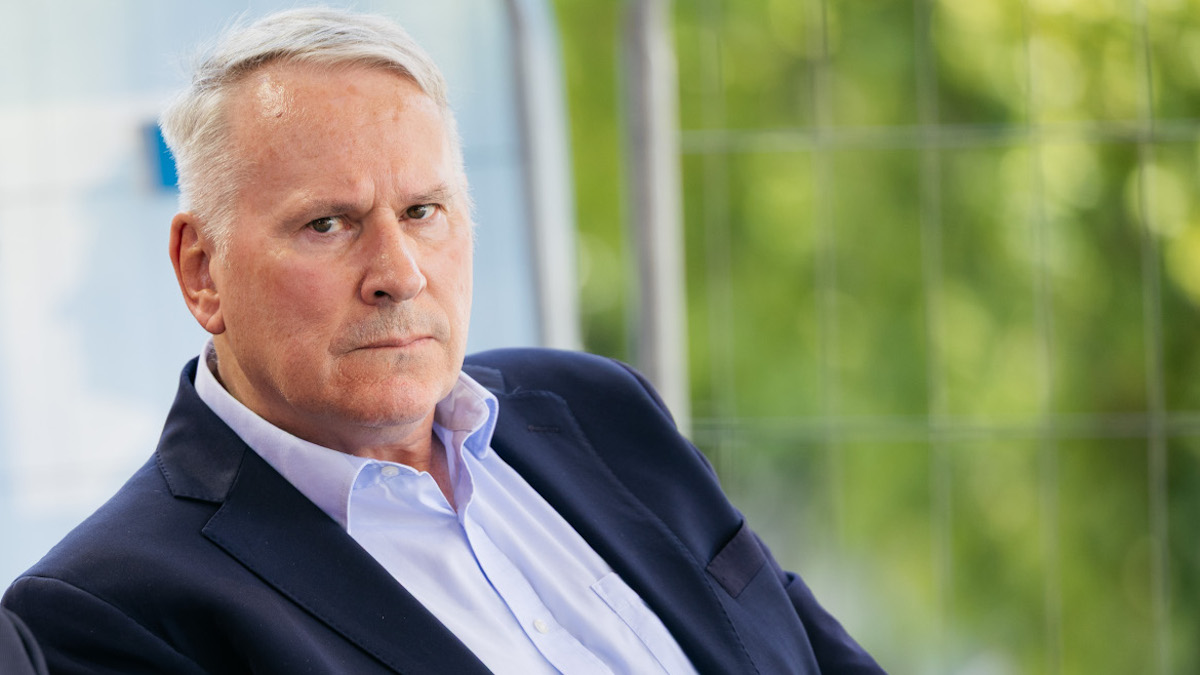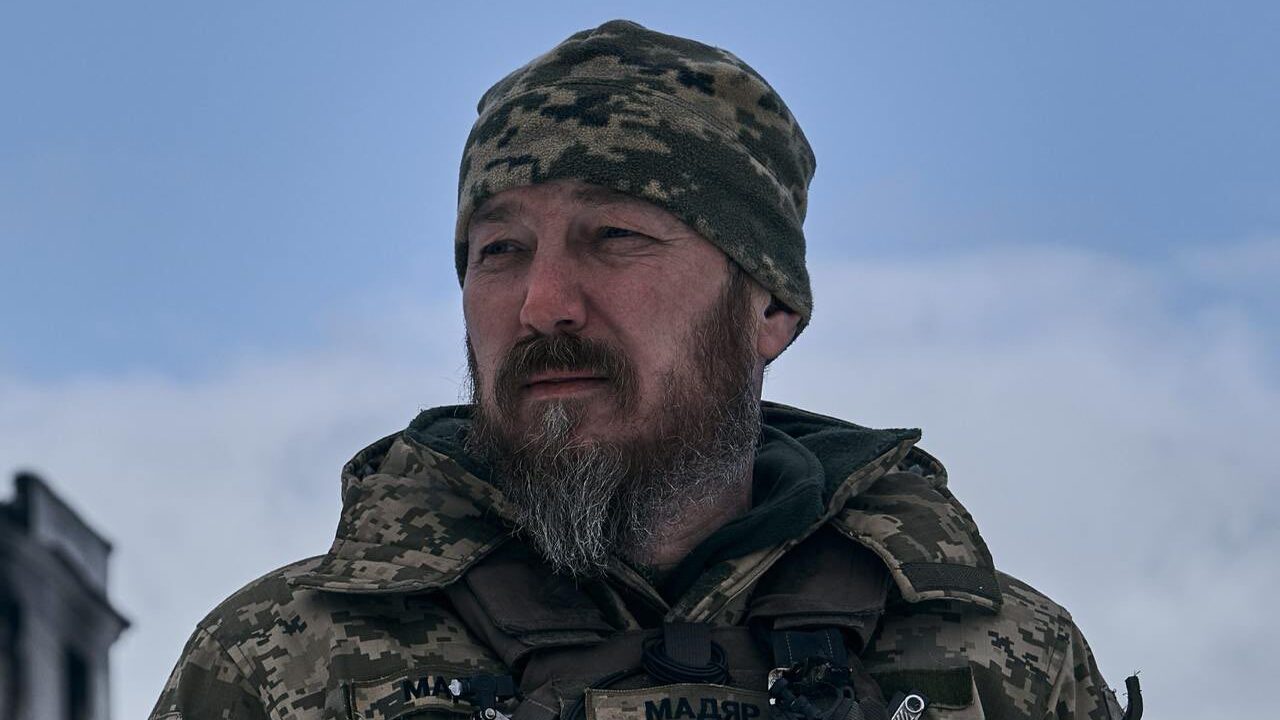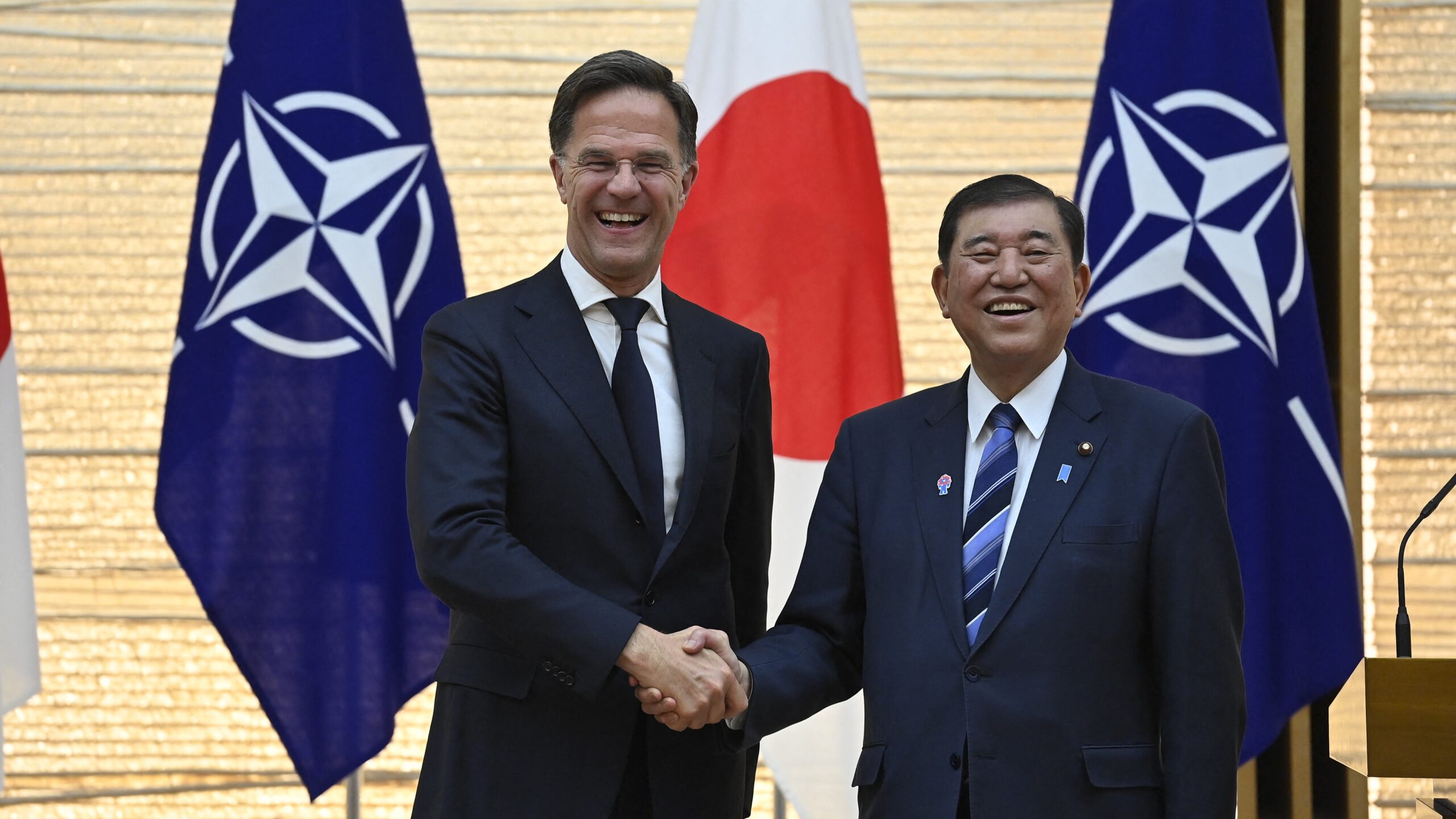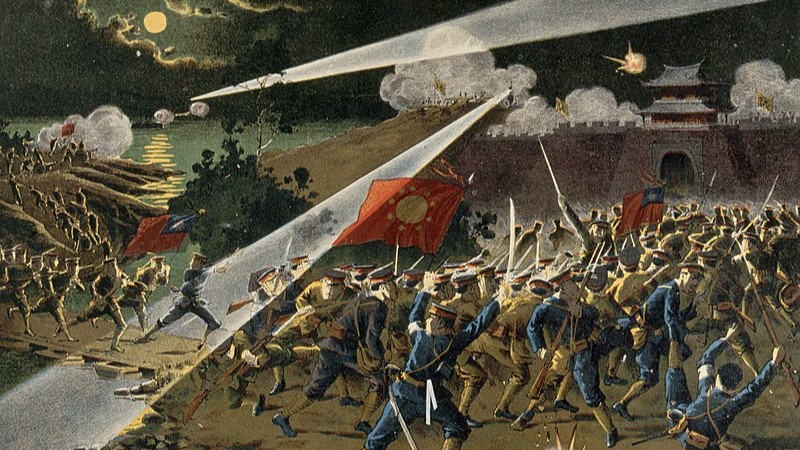
How China Was Lost to Communism
‘The Kuomintang (KMT)—sole ruling party of the country during its rule from 1927 to 1949—and the Chinese Communist Party (CCP) had been engaged in armed conflict since 1927. The warring parties had to halt the hostilities and temporarily unite with each other against Japan’s invasion of China in the Second Sino–Japanese War (1937–1945).’

